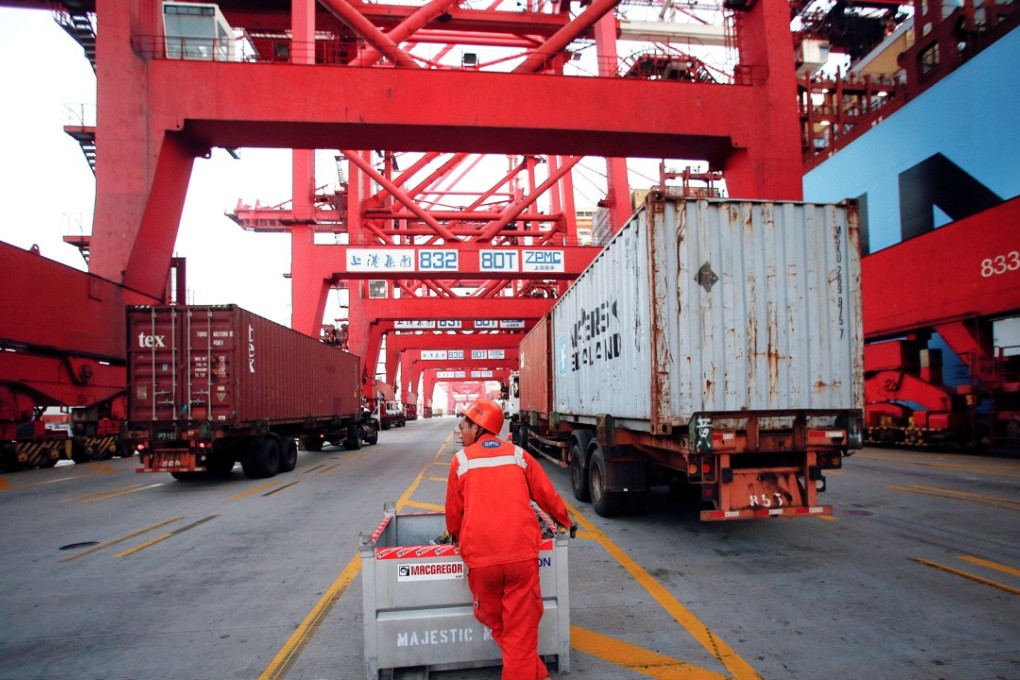China pushes reforms in free trade zones as scepticism grows among foreign investors
- Beijing announces a series of changes for its 12 free trade zones, but foreigners demand the government move faster to open entire sectors to overseas investment

China has unveiled a series of measures to deepen reforms in the nation’s free trade zones amid growing scepticism among trading partners over its commitment to opening up new markets to foreign investment.
China is in the midst of an escalating trade war with the United States and the two nations have slapped tariffs on billions worth of each other’s goods since July.
Washington is demanding China change its trade practices, taking aim at its subsidies to state-owned enterprises and forced transfer of technology from US businesses to Chinese partners. But China has said the US accusations are unfair and that it will pursue reforms at its own pace.
In recent years, China has been touting the free trade zones – where many mainland restrictions on investment and business practices do not apply – as success stories in attracting foreign investment and boosting international trade.
The State Council, the nation’s cabinet, said on Friday that it would lower the minimum investment thresholds in designated free-trade zone for building facilities and recruitment of workers by foreign firms, according to a document published on the central government’s website.